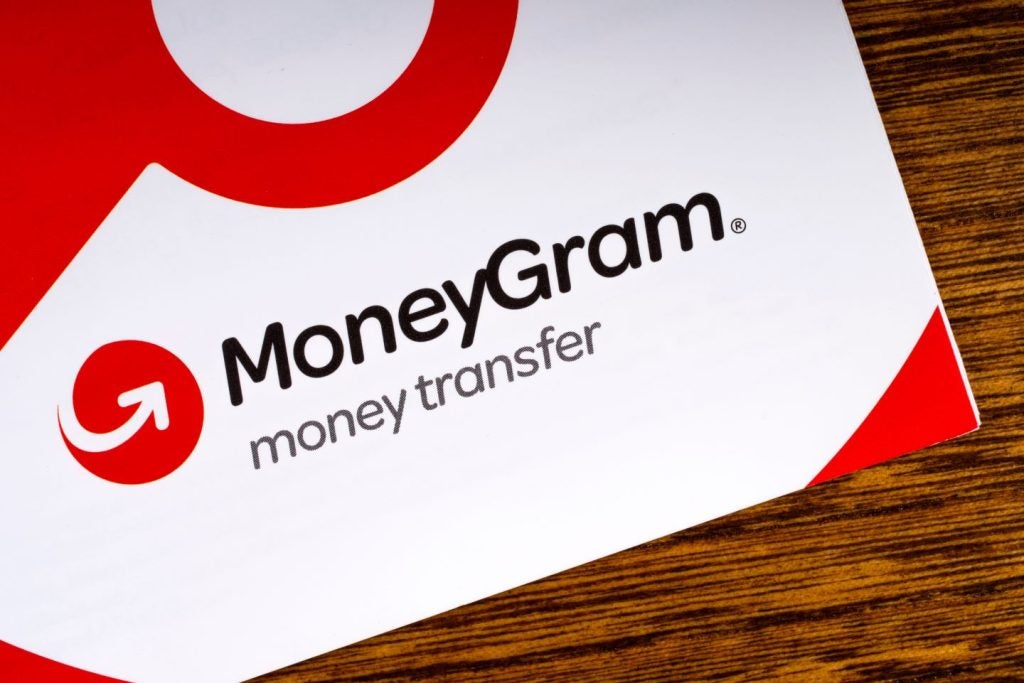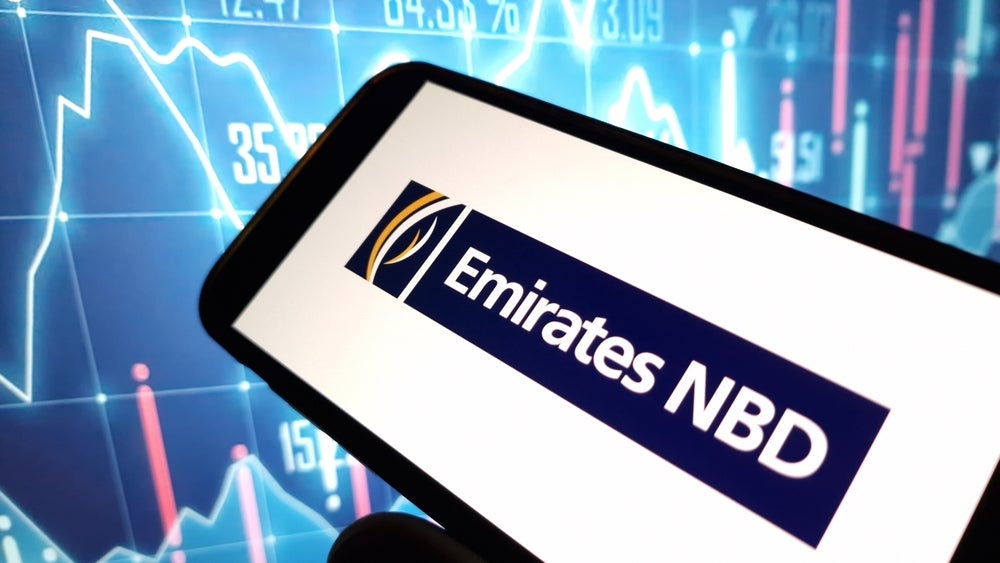
Payments Canada is making it easier for merchants to offer debit as an alternative to cash.
Specifically, Payments Canada rule Rule E5, offers flexibility through delayed authorisation. This removes the requirement for immediate online connectivity.
Until now, Canadian consumers cannot use their debit cards for certain everyday purchases, such as transit payments.
And so the new rule enables broader point-of-sale (POS) debit card acceptance. Current debit acceptance requirements require merchants to have consistent online connectivity to accept debit payments. This makes debit impractical for some high-volume, time-sensitive transactions, such as paying a bus fare.
Public transit operators are a key reason behind the development of Rule E5.
With delayed authorisation, a merchant can now opt to provide a service before a payment transaction is authorised.
Payments Canada: encouraging fast, digital payments
For example, a passenger is now able to pay and ride without having to wait for payments authorisation. Beyond transit, Rule E5 is designed to enable other possible use cases.
Examples include payment at parking meters, payment for on-board purchases (airline/train/ferry) and payment for vending machine purchases.
As with other Canadian debit transactions, debit payments will still be cleared and settled via Payments Canada’s systems.
“We know Canadians want easy, fast, digital payment options,” says Andrew McCormack, Chief Information Officer of Payments Canada.
“And fewer and fewer are carrying cash. Modernising the rules framework for payments will enable merchants and service providers to deliver on these evolving consumer needs.”
Debit outpacing cash
Debit card use continued to outpace cash in 2018 according to Payments Canada’s annual Canadian Payments Methods and Trends Report.
Canadians used debit cards for nearly 35% per more transactions than cash. Canadians are also now using their debit cards more frequently for their everyday lower value purchases. This trend will only continue with changes to the underlying rule framework.
“Interac welcomes the adoption of this new rule. It will support acceptance of debit in a broader range of settings including transit fare payments,” says Kirkland Morris, VP, Enterprise Initiatives & External Affairs, Interac Corp.
“Millions of Canadians already use Interac Debit to securely and conveniently pay everyday. By expanding the ability to pay with debit, Interac is focused on ensuring Canadians can pay how they want, where they want and with their own money.”







